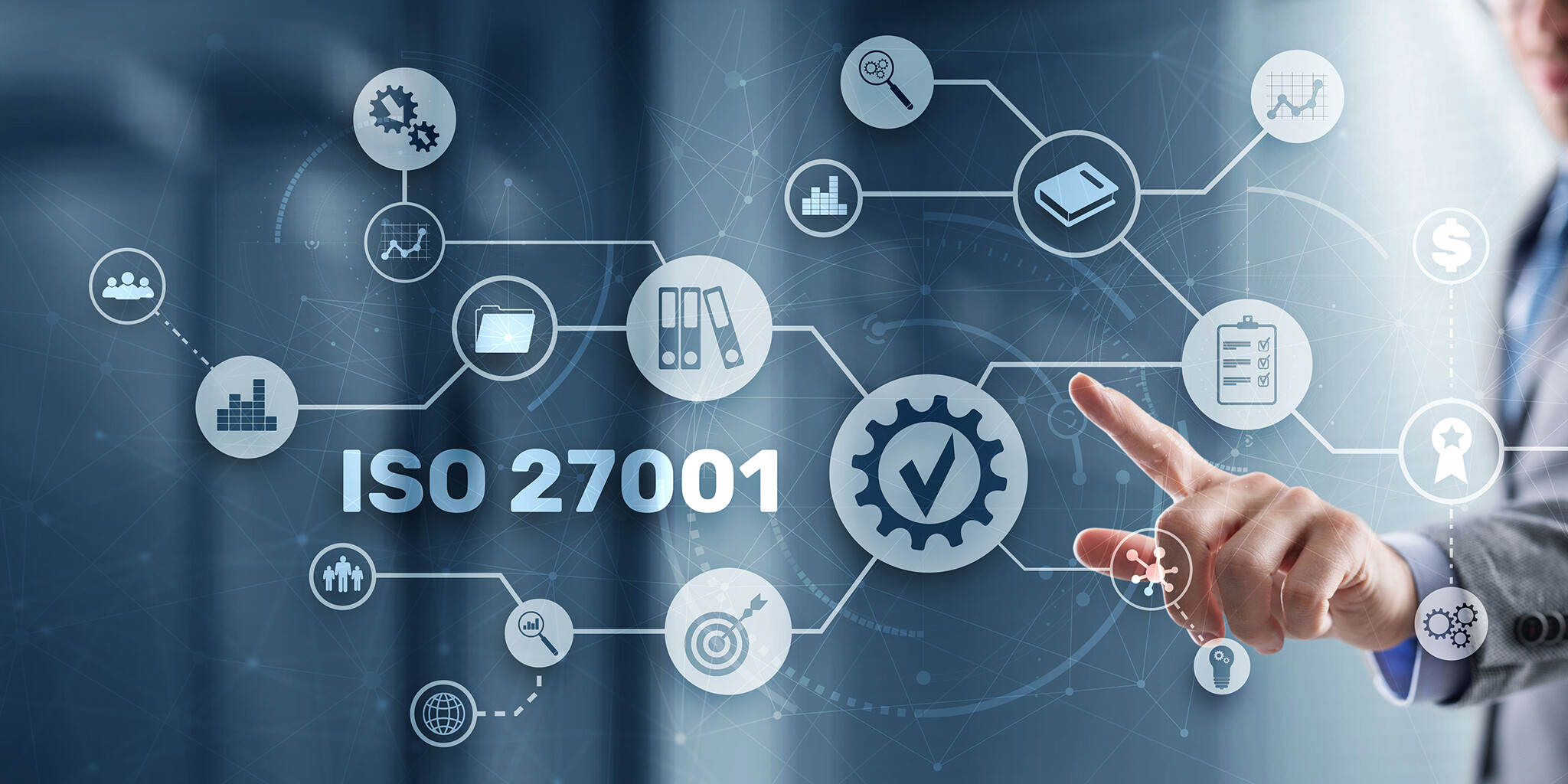Introduction
ISO 27001 Vs. other security standards. In today’s digital age, information security is a top concern for businesses. With cyber threats on the rise, organisations must implement robust security measures to protect their sensitive data. ISO 27001 outlines best practices for an Information Security Management System (ISMS) and has gained global recognition. But how does ISO 27001 stack up against other security standards? This blog will explore the key differences between ISO 27001 and other security standards to help you make informed decisions for your business.
What is ISO 27001?
ISO 27001 is part of the ISO/IEC 27000 family of standards. It specifically focuses on managing information security risks. Developed by the International Organisation for Standardisation (ISO) and the International Electrotechnical Commission (IEC), ISO 27001 provides a systematic approach to managing sensitive company information. It includes people, processes, and IT systems. By achieving ISO 27001 certification, an organisation demonstrates its commitment to information security.
Key Elements of ISO 27001
ISO 27001 outlines several critical components:
- Risk Assessment and Treatment: Organisations must identify potential risks and decide how to manage them.
- Security Policies: A set of policies are created to address various security concerns.
- Leadership and Commitment: Top management must be involved and committed to the ISMS.
- Continuous Improvement: Regular audits and reviews ensure that the ISMS is up-to-date and effective.
Other Popular Security Standards
Let’s compare: ISO 27001 vs. other security standards. Several other information security standards exist, each with unique features and focuses. Some of the most popular include:
- NIST Cybersecurity Framework: Developed by the National Institute of Standards and Technology (NIST) in the United States, this framework focuses on improving cybersecurity risk management. It is widely used by US-based companies and offers a flexible approach to security.
- PCI DSS (Payment Card Industry Data Security Standard): This standard is crucial for organisations that handle credit card information. PCI DSS is designed to reduce credit card fraud and secure card transactions.
- COBIT (Control Objectives for Information and Related Technologies): COBIT is an IT governance framework that helps organisations manage and govern their IT environments. It focuses on business and IT alignment.
- HIPAA (Health Insurance Portability and Accountability Act): HIPAA is specific to the healthcare industry in the United States. It sets standards for protecting sensitive patient information.
Comparing ISO 27001 with Other Security Standards
While ISO 27001 is comprehensive, other standards have their own merits. Here’s how ISO 27001 compares:
- Scope and Flexibility:
ISO 27001 is broad and applicable to organisations of all sizes and industries. In contrast, standards like PCI DSS and HIPAA are industry-specific. The NIST framework is more flexible but lacks the international recognition that ISO 27001 enjoys. - Risk Management Focus:
ISO 27001 strongly emphasises risk management, requiring organisations to identify and manage risks actively. NIST also focuses on risk but allows more flexibility in approach. PCI DSS, on the other hand, prescribes specific controls without a structured risk management process. - Certification and Recognition:
ISO 27001 is internationally recognised, making it ideal for organisations operating globally. Achieving ISO 27001 certification can enhance a company’s reputation and customer trust. While NIST and PCI DSS are highly respected, they are more regionally focused, with NIST being US-centric. - Continual Improvement:
ISO 27001 requires regular audits and a commitment to continual improvement. This ensures that the ISMS evolves with changing threats. NIST and other frameworks encourage improvement but lack ISO 27001’s structured audit requirement.
Conclusion
ISO 27001 Vs. other security standards: ISO 27001 provides a comprehensive, risk-based approach to information security management. Its global recognition and certification process makes it a valuable asset for any organisation. However, other security standards like NIST, PCI DSS, COBIT, and HIPAA also offer robust security frameworks, often tailored to specific industries or regions. Understanding the differences between these standards can help organisations choose the right framework to protect their sensitive information.
Choosing the right information security standard is critical. ISO 27001 offers a comprehensive approach suitable for various industries, while other standards provide specific frameworks for niche needs. Understanding the distinctions allows businesses to implement the most effective security measures tailored to their requirements.
Vertex Cyber Security can help you make an informed decision as to which security standard is right for your entity. Contact us today!
For more information on cyber security standards click here.



